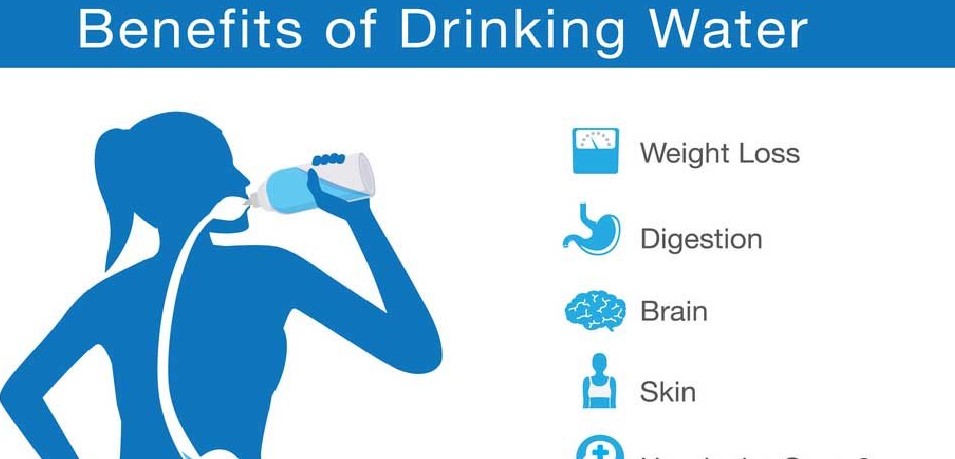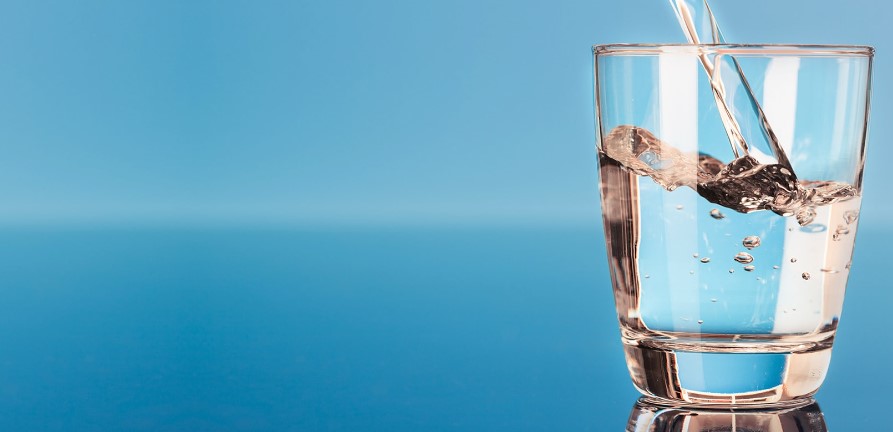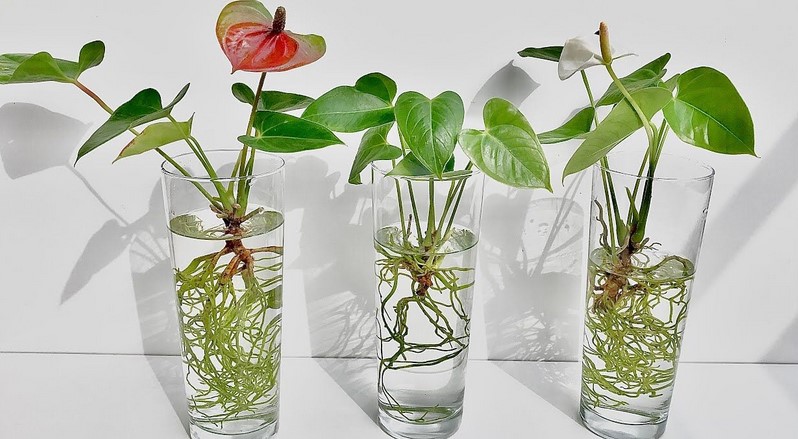
Health Benefits of Drinking Water
There are several health benefits of drinking water. The benefits of drinking water include: Improved heart function, improved recovery from exercise, and better hydration. Those who are suffering from TB, such as tuberculosis (TB), should wait at least 90 days before they can begin drinking water. In addition to this, drinking water will improve your skin and make your blood flow more freely. And finally, drinking water will improve your overall mental health.
Many of us get dehydrated if we don’t drink enough water during the day. You can help avoid dehydration by drinking more water and other fluids. According to the National Institute of Diabetes and Digestive and Kidney Diseases, older adults often don’t sense thirst well, so they may not know they are dehydrated until it becomes a serious problem.

Health benefits of drinking water
While a lot of people may not realize it, drinking water has a variety of health benefits. It can help normalize your body’s temperature and metabolism, ease breathing, and prevent headaches.
Water also helps keep your body weight in check, since it contains no calories. Drinking water can replace calorie-rich drinks, like soda and coffee. It can even improve your mood and prevent headaches. But what’s more, drinking water can improve your skin and kidney function.
One study showed that people who drink a lot of water were less likely to suffer from depression. People who drink less than two glasses of water a day experienced an increased risk of depression. The effects of drinking water on depression are multifactorial and not clearly understood. However, Ph.D. nutritionist Susan Taylor discusses how drinking water affects our mood. In another study, researchers looked at how often people drink water during dinner.
Improved function of heart
Studies show that drinking water can improve the function of the heart. In healthy young subjects, water intake increases cardiovagal tone and reduces heart rate. Drinking water also increases baroreceptor sensitivity. In both young and old people, drinking water can improve heart function. Drinking water can reduce blood pressure without substantially changing heart rate. It can also improve cardiovascular responses in patients with heart failure. This study has some important implications for the health of people with heart failure.
The study also revealed that drinking water containing arsenic can thicken the heart’s main pumping chamber. This structural change could increase the risk of heart problems in the future. The findings were published in the journal Circulation: Cardiovascular Imaging by the American Heart Association. But these are preliminary findings. More studies are needed to confirm these findings. Drinking water is also a powerful way to prevent cardiovascular disease.
Improved recovery from exercise
Drinking water is vital to the body’s performance, especially during physical therapy or recovery from injury. Water lubricates the entire body and is essential for chemical reactions throughout the body. When these reactions are slow, they may negatively affect tissue healing and muscle recovery. Hence, drinking water during exercise can have a significant impact on recovery from any kind of physical activity. And, as water is the best source of hydration, it is a natural choice for any active person.
It is a good idea to keep a bottle of water with you during physical activity. Water will help you
regain your fluid balance and make your muscles more supple after a strenuous workout. You should drink water until your urine is a healthy color. During most workouts, a bottle of water is sufficient. You should drink water until you feel refreshed and hydrated. If you’re a serious sportsperson, you should consider drinking water in between workouts.

Helps maintain hydration
Any liquid, such as water, can help maintain hydration levels. Water from the tap is free and available anywhere, but you should also drink plenty of other beverages. Fruit juices, tea, coffee and soft drinks are excellent choices for hydration. Keep in mind, however, that drinking large amounts of these drinks may not be the best way to achieve your daily fluid goals. You should try to drink a minimum of eight glasses of water each day for optimal health.
Water is essential for the health of your joints, which contain 80% water. When your joints are well-hydrated, you have less friction, which means fewer aches and pains. Additionally, dehydration reduces your body’s ability to handle hot temperatures. Drinking plenty of water helps you produce sweat when you become overheated, which cools your body and prevents heat stroke. However, hydration is not merely about keeping your body cool; it also improves your sleep.
If you’re worried that water doesn’t have much flavor, help yourself out by adding some lemon or lime slices to it. Or try your favorite juice with a splash of water. It’s healthy and refreshing, you’ll be more than happy to drink it, and it tastes delicious. And if you don’t drink enough water, you might feel the results. While mild dehydration is not uncommon, severe dehydration can make you seriously ill. And it can kill you—especially in hot weather. So remember: don’t take your water for granted. It’s too important to your overall health and well-being to ignore.



